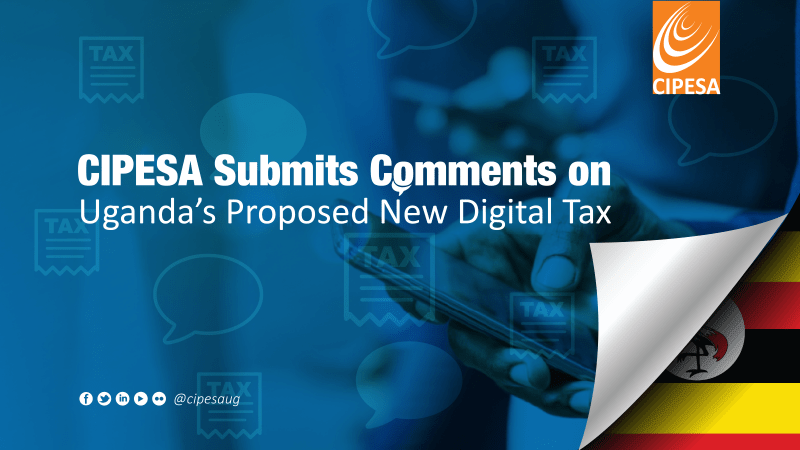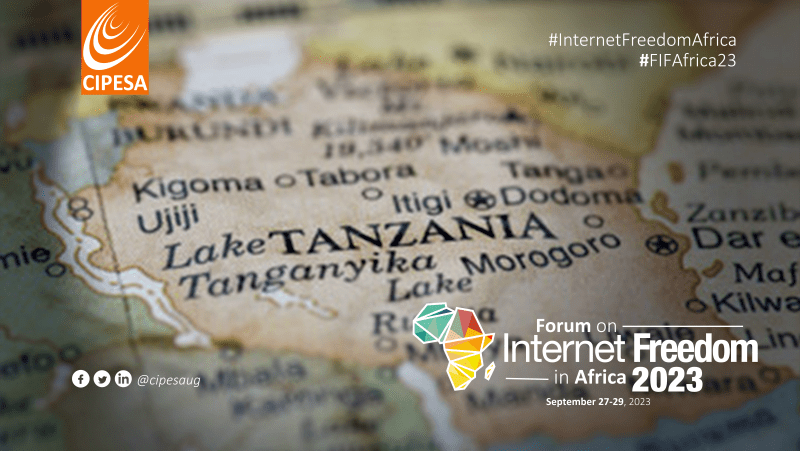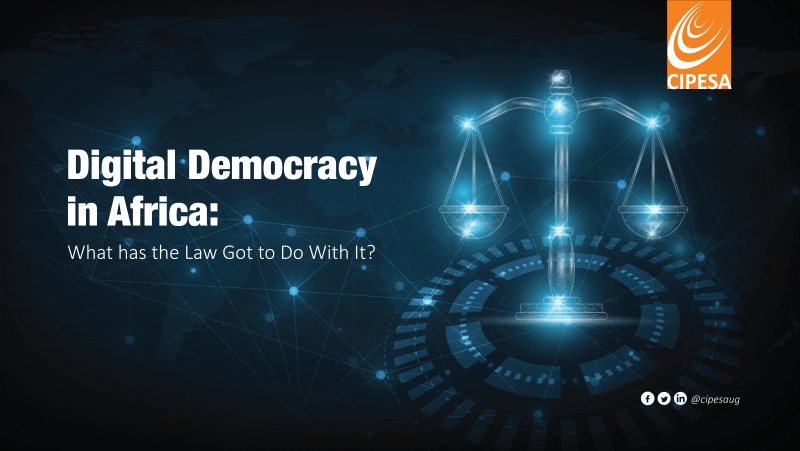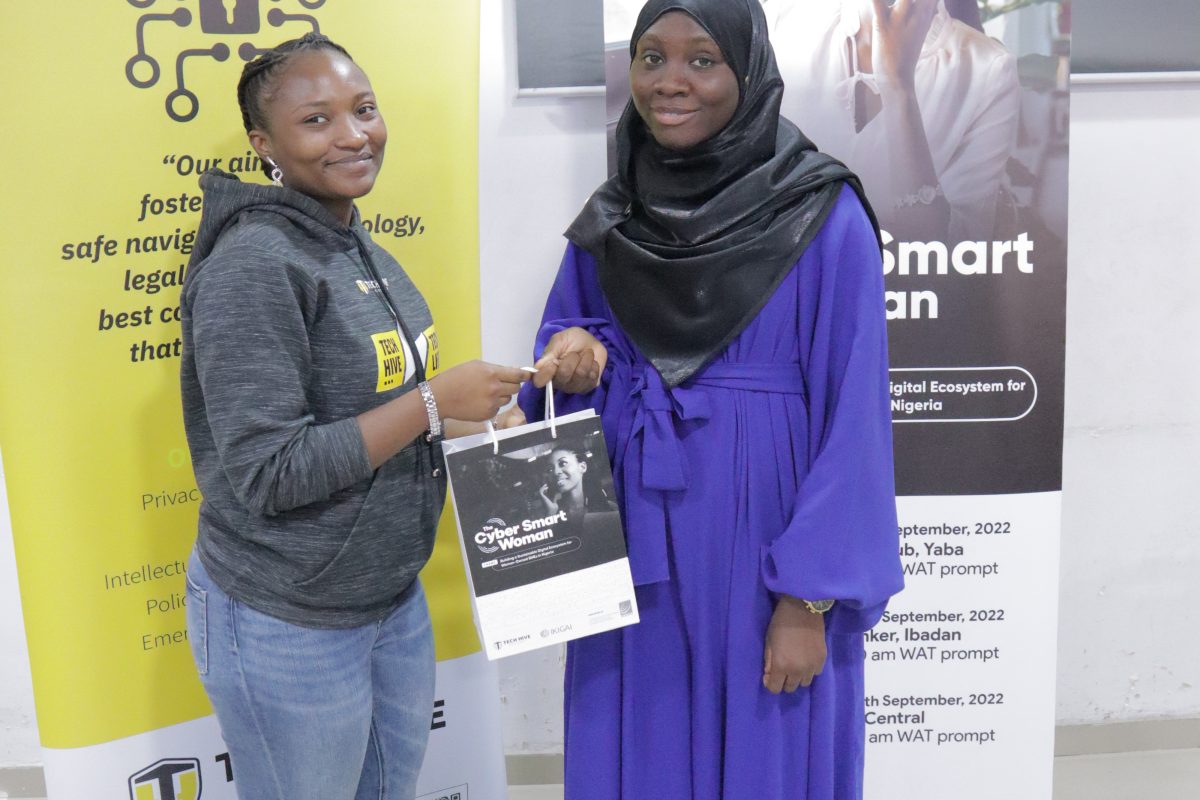By Ashnah Kalemera |
The proliferation of technology has created new opportunities for journalists and journalism in Africa, but it has also come with threats. For civil society, academia, media development practitioners, activists and development partners, it is critical to understand the key issues related to freedom of expression and the internet and possible ways to address them as part of programming and strategic intervention.
At the Africa Media Convention (AMC), which was held in Lusaka, Zambia on May 11-13, 2023, the Collaboration on International ICT Policy for East and Southern Africa (CIPESA) convened a session that explored threats to media freedom and journalists safety in the digital age and comprehensive measures to tackle them.
During the session, which brought together over 40 stakeholders from across Africa, it was acknowledged that technology had enabled groundbreaking journalism, ease of reach to diverse audiences which has also enabled active engagement, and more accessible content production avenues. With this evolution, new actors have joined the sector and new regulation and economic sustainability models have been witnessed, all with implications for the future of media freedom and democracy.
However, the digital era has also seen an exponential increase in online harassment of journalists, criminalisation of aspects of journalism, surveillance of journalists, and the orchestration of disinformation campaigns. These threats have translated into offline risks of physical violence, thereby undermining the safety and independence of journalists, while also eroding freedom of expression.
According to Kamufisa Manchishi, a lecturer in the Faculty of Journalism and Public Relations at Zambia’s Mulungushi University, digitalisation in the media had created several “crises”. One of them was an identity crisis, whereby journalists and media houses are struggling to balance their online presence with upholding journalistic principles and ethics. Linked to the identity crisis was a financial crisis of generating revenue and sustaining operations. “This has caused clickbait journalism and led to compromise of ethics,” said Manchishi.
Manchishi added that fears of being surveilled by the state and private actors had led to increased self censorship. He said: “Journalists do not want to talk about controversial issues on phone or virtual platforms. They are worried someone is listening and are opting to conduct interviews and investigations physically.”
Meanwhile, misinformation and disinformation continue to proliferate on legacy media as well as on social and digital media. CIPESA research indicates that disinformation from online platforms is often amplified through traditional print and broadcast media. Soren Johannsen, BBC Media Action’s Zambia Country Director, called for more innovative approaches to promoting digital literacy.
Whilst applauding various stakeholders’ efforts in debunking and fact-checking, Johannsen advocated for more interventions designed around pre-bunking as an inoculation theory for behavioural change. “We shouldn’t try to just correct and verify but help users understand where false information is coming from, the motivation and the consequences,” he said. Such efforts should be complemented with more research to help understand the originators, flows and uptake of misinformation and disinformation.
Disinformation Pathways and Effects: Case Studies from Cameroon, Ethiopia, Kenya, Nigeria and Uganda.
Understanding the Information Disorder in Tunisia, Algeria and Libya .
As disinformation and misinformation threaten democracy, public security, and social cohesion, there has been an increase in legislative responses including the enactment of laws on cybercrime, computer misuse, hate speech and “false news”. However, many of such laws in place are vague and broadly criminalise “false news” or “offensive publications online” without, for instance, distinguishing between misinformation and disinformation, and have been weaponised against critics, journalists and media houses.
Citing various examples from West Africa, Dora Mawutor, the Programme Manager at the Media Foundation for West Africa (MFWA), said the determination of what qualifies as false news lies with the state and its “self-serving purposes”. She called for more solidarity among the media fraternity to push back against the selective application of such laws through increased coverage of legislative developments and of attacks against journalists. Mawutor also called for advocacy for review or repeal of such repressive laws.
Echoing Mawutor’s sentiments, Alfred Bulakali, the Regional Director of Article19 West Africa, stated that laws across Africa that govern freedom of expression and media freedom often come with heavy sanctions against offenders yet they fall short of the three part test under international human rights standards. He noted that media freedom advocates around Africa had scored successes in securing the decriminalisation of libel and defamation provisions in traditional press laws. However, added Bulakali, “technology has given them [the decriminalised provisions] an opportunity to come back” through laws and regulations being developed to govern media and freedom of expression online. He called for renewed efforts in decriminalising libel and defamation online and offline and limiting the power of law enforcers to interpret the laws.
On online harassment, Cecilia Maundu, a Kenyan broadcast journalist, digital rights researcher and digital security trainer, stated that online gender-based violence is under-reported, even though some newsrooms have dedicated gender desks. Meanwhile, newsroom policies are also weak or non-existent, putting women journalists at increased risk. As a result, there was limited visibility of online gender-based violence in mainstream media and inadequate support for survivors. This calls for more response measures and programming that not only focus on newsroom policies and safety mechanisms, but also on psychological support.
The joint responsibility alluded to by the various speakers at the session around advocacy, movement building, institutional capacity building, skills and knowledge development as well research and documentation are key planks of CIPESA’s programming and engagement at national, regional and international levels to advance access to information, privacy and data protection, and free expression online as enablers of citizen participation, resisting authoritarianism, protecting women’s or other marginalised groups’ rights, amplifying people’s voices, and engendering accountability.





